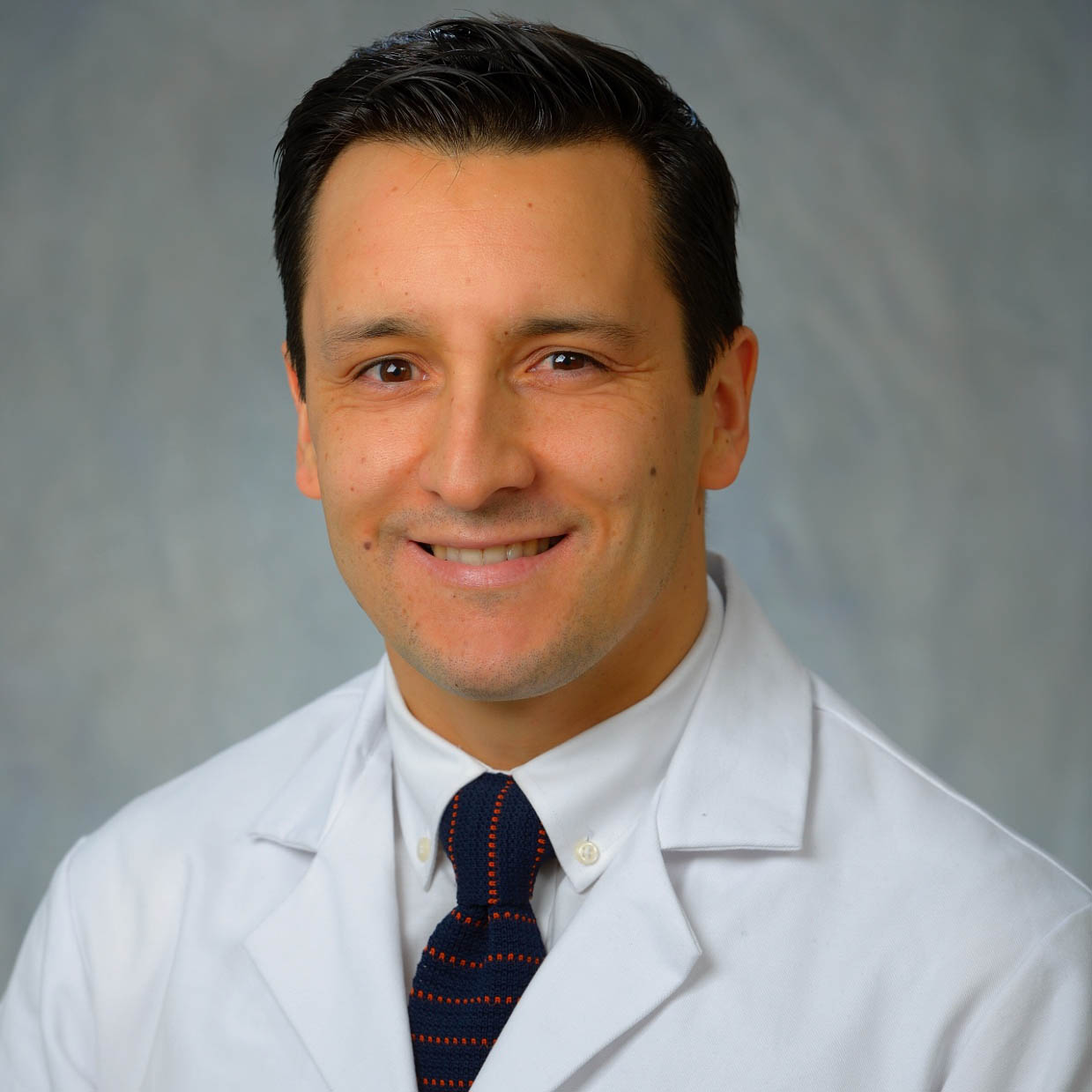Derrick Tin, MD
@DrDerrickTin
Senior Fellow Disaster Medicine, BIDMC and Harvard Medical School
Medical Director, AlphaZodiac Medical Advisory
Promoting the study of disaster and emergency medicine is the passion of Derrick Tin. A frontline worker in the battle against COVID-19, he continues to publish on the healthcare consequences of terrorism, bioterrorism and vulnerabilities in hospital preparedness and responses. As the co-chair of the Counter-Terrorism Medicine Specialist group at the World Association for Disaster and Emergency Medicine, his expertise in this field is unsurpassed. Global socio-political landscapes continue to shift and Dr. Tin is ready to explore and meet those challenges.









